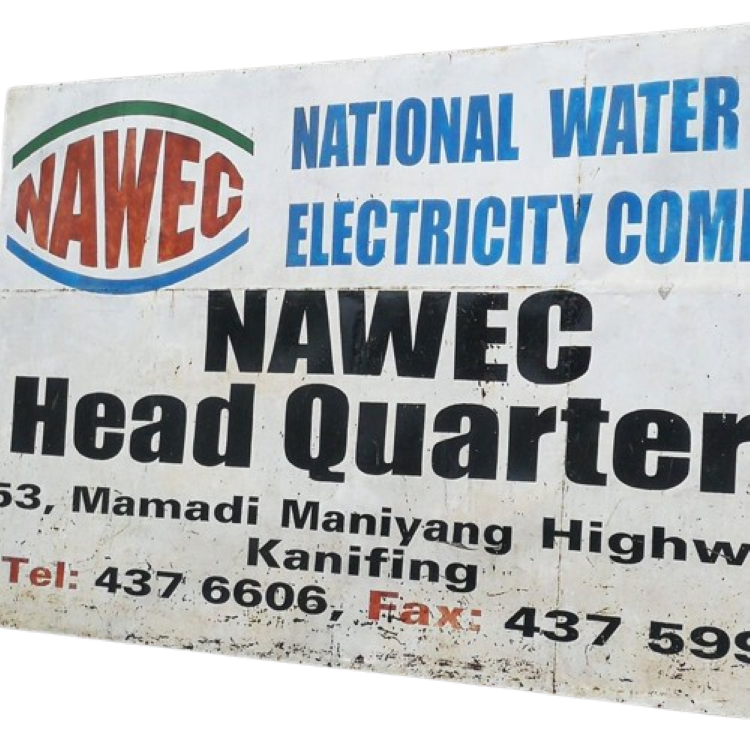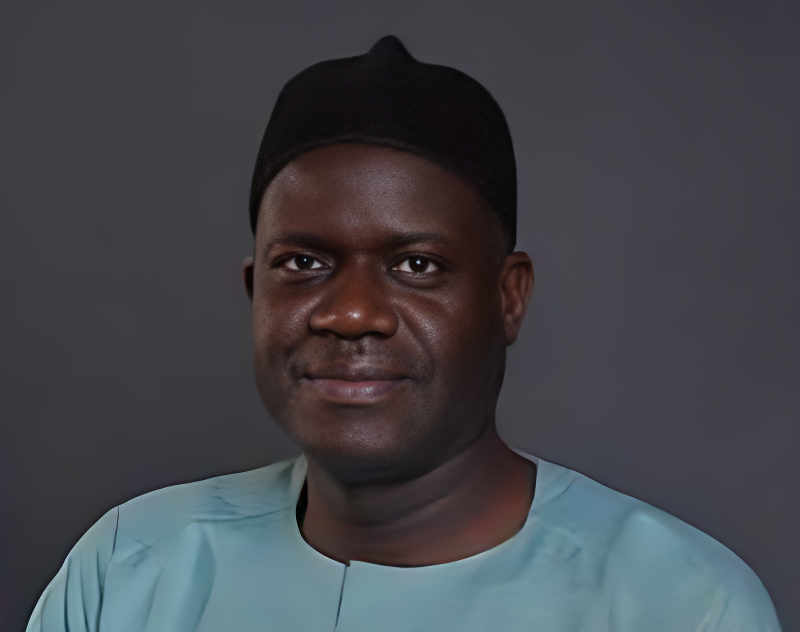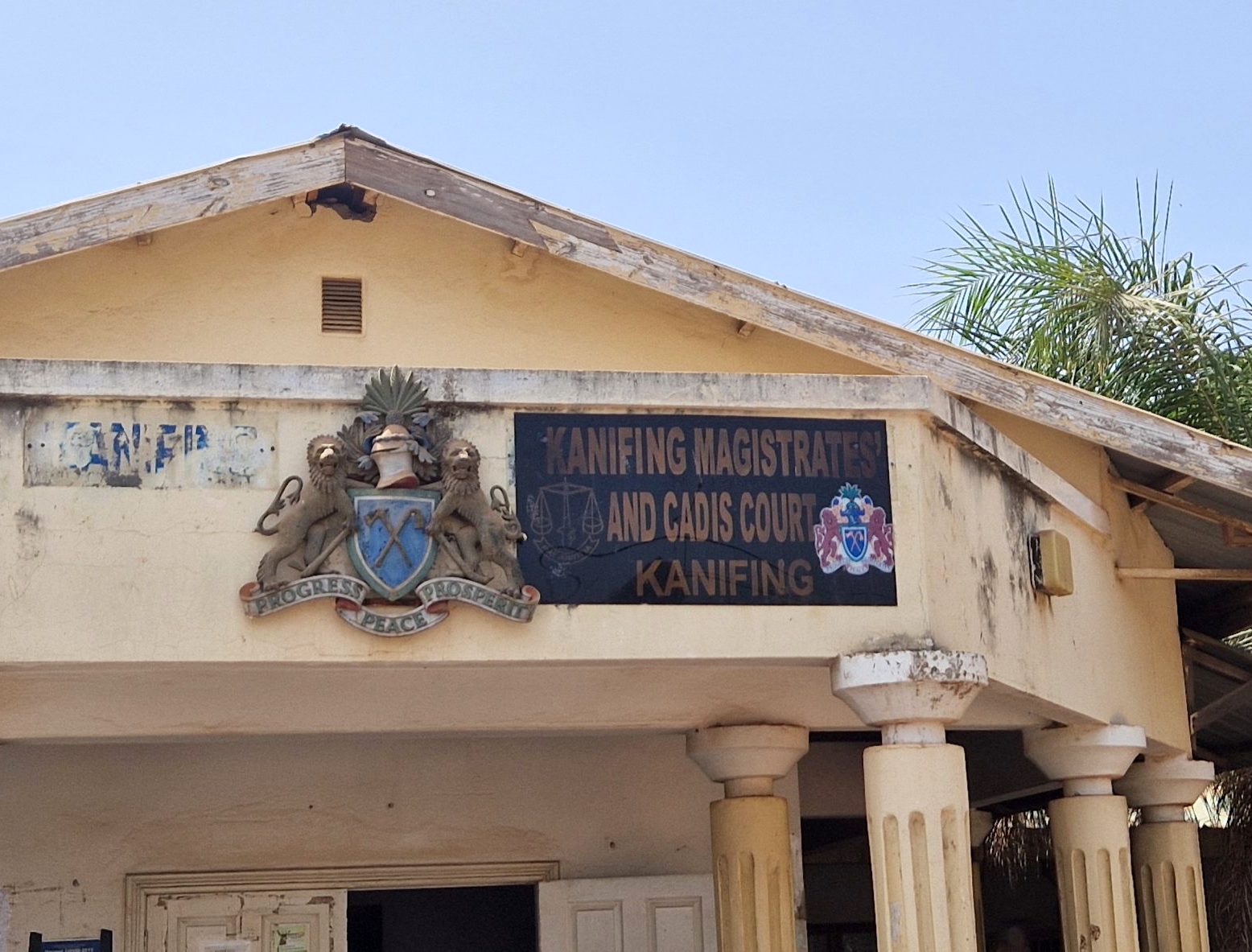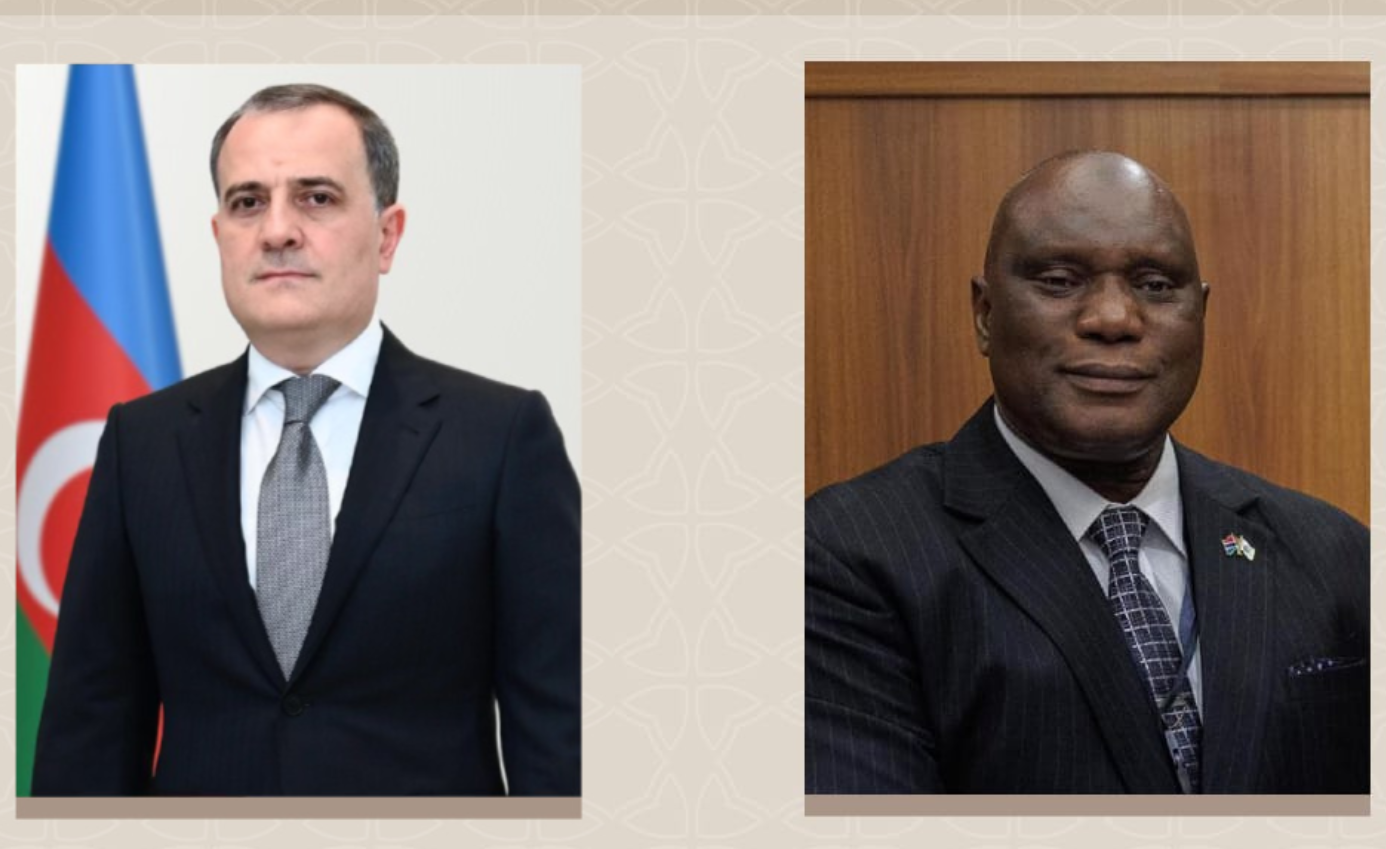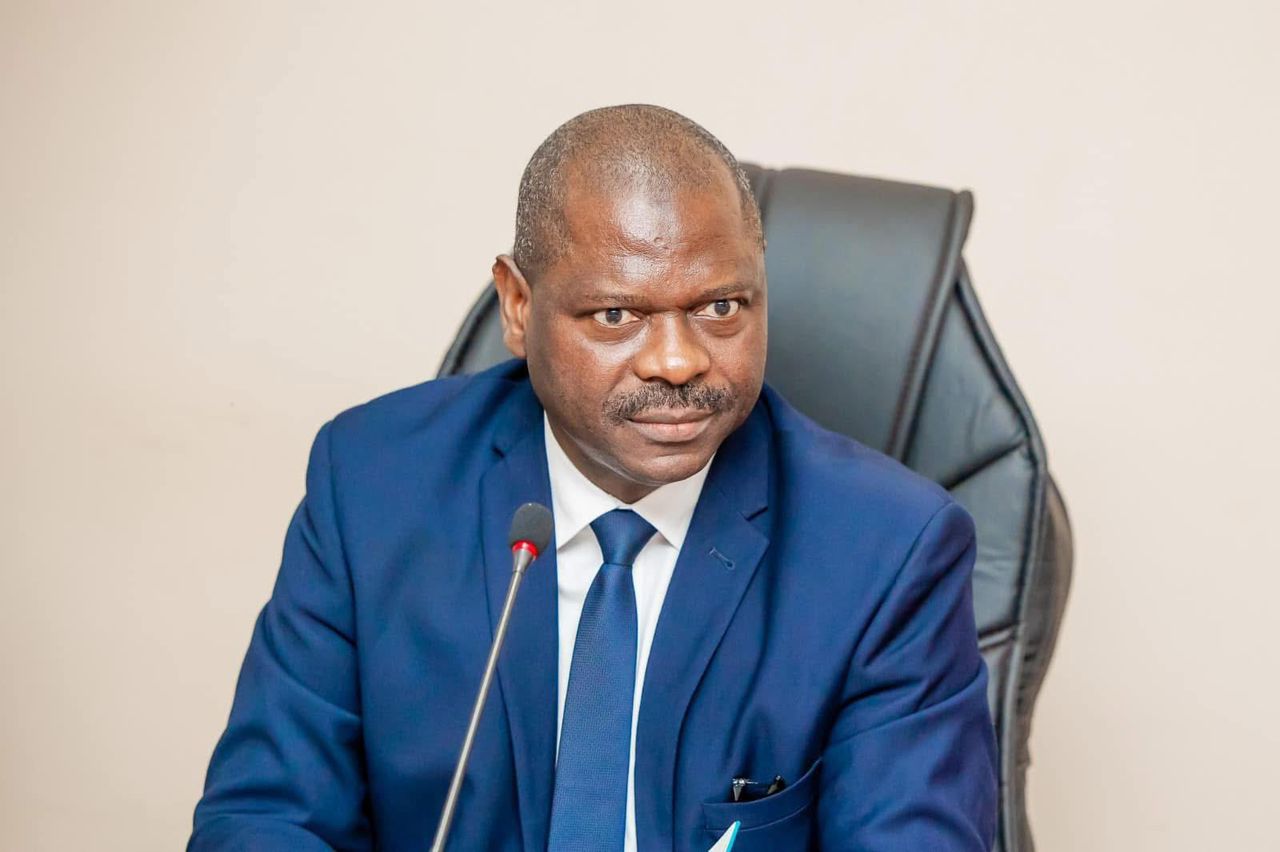Gambiaj.com – (BANJUL, The Gambia) – The Minister of Finance and Economic Affairs on Friday presented the 2026 national budget to the National Assembly, outlining a D36 billion spending plan aimed at improving the well-being of Gambians amid growing concerns over rising public debt and high recurrent expenditure.
Presented under the theme “Improving the Well-Being and Quality of Life of Gambians,” the budget seeks to strike a balance between supporting economic growth and maintaining fiscal stability.
The minister assured lawmakers that the government remains committed to prudent financial management, efficient public service delivery, and sustained economic reforms.
According to the minister, the government anticipates revenues of about D35 billion in 2026 from taxes, grants, and other sources.
However, expenditure is projected to exceed this amount, reflecting ongoing pressures from the wage bill, subsidies, and debt repayments.
Rising Wage Bill and Debt Burden
A significant portion of the budget will go toward paying government workers, including salaries, allowances, promotions, and new recruitment. Some National Assembly Members expressed concern that the growing wage bill could strain the country’s limited fiscal space.
Debt repayment is still the largest expense, accounting for nearly one-third of the total budget, which has raised questions about how much of the nation’s funds are used to pay off old loans rather than funding new development initiatives.
The government will also spend a lot on subsidies to support roads, electricity, and agriculture. This has reignited debate over the sustainability of The Gambia’s debt levels and the extent to which loan repayments continue to limit funding for new development initiatives.
Priority Sectors and Development Goals
Education, health, and agriculture remain key priorities, collectively absorbing about one-fourth of total government spending. The agriculture sector, in particular, will receive its largest funding increase in a decade, as the government intensifies efforts to boost food security, productivity, and rural livelihoods.
The Minister also announced the expansion of Program-Based Budgeting (PBB)—a system designed to ensure that every dalasi spent by the government is tied to measurable results and improved accountability.
Economic Outlook and Public Concerns
Despite projections of steady economic growth in 2026, the minister acknowledged ongoing challenges, including rising debt levels, global market volatility, and climate-related shocks.
For many Gambians, however, the key concern remains the persistent high cost of living and unemployment, especially among the youth. As parliamentary debates on the budget continue, the central question for both lawmakers and citizens is whether this year’s financial plan will deliver tangible improvements—or simply reiterate familiar promises.



